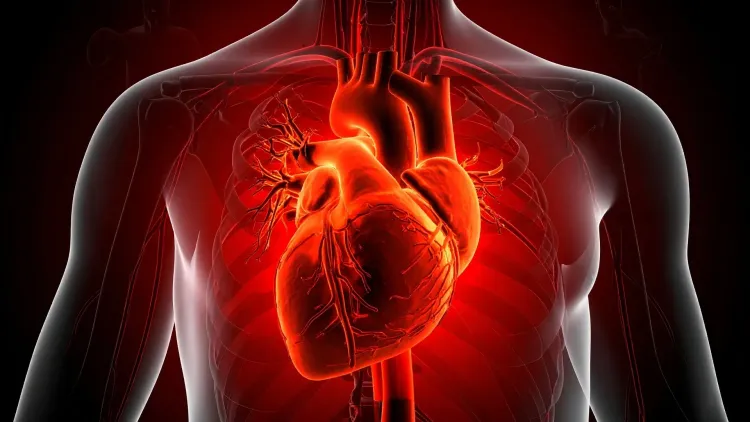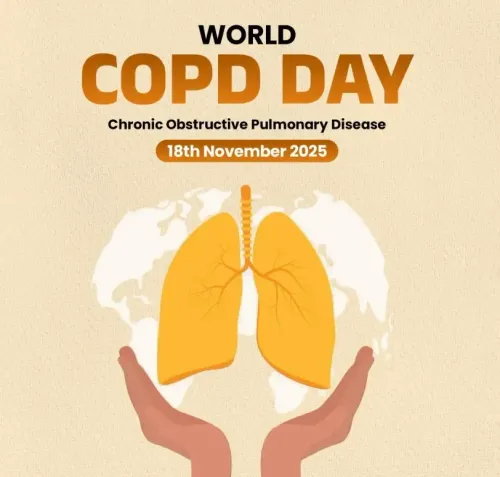Can Covid Accelerate Ageing in Blood Vessels by 5 Years in Women?

Synopsis
Key Takeaways
- Covid-19 can accelerate vascular ageing in women by five years.
- Stiffer arteries increase the risk of heart attacks and strokes.
- Vaccination helps mitigate arterial stiffness.
- Early identification of at-risk individuals is crucial.
- Differences in immune response may explain gender disparities.
New Delhi, Aug 18 (NationPress) A Covid-19 infection may accelerate the ageing of blood vessels by approximately five years, especially in women, as revealed by recent research.
As blood vessels age, arterial stiffness increases, thereby elevating the risk of cardiovascular issues, including strokes and heart attacks, according to the researchers.
"It is known that Covid can have a direct impact on blood vessels. We hypothesize that this leads to what we refer to as early vascular ageing, suggesting that your blood vessels may be older than your actual age, thus making you more vulnerable to heart disease," stated Professor Rosa Maria Bruno from Université Paris Cité, France.
"If this is the case, it is crucial to identify those at risk early to prevent heart attacks and strokes," Bruno emphasized.
The study, published in the European Heart Journal, involved 2,390 participants from 16 countries (Austria, Australia, Brazil, Canada, Cyprus, France, Greece, Italy, Mexico, Norway, Turkey, the UK, and the US), recruited between September 2020 and February 2022.
Findings indicated that all three groups of patients infected with Covid, including those with mild cases, exhibited stiffer arteries compared to uninfected individuals.
The effect was more pronounced in women than in men and among individuals experiencing lingering symptoms of long Covid, such as shortness of breath and fatigue.
Interestingly, vaccinated individuals generally had less stiff arteries compared to their unvaccinated counterparts. Over the long term, the vascular ageing associated with Covid infection appeared to stabilize or show slight improvement.
Professor Bruno noted that one reason for the disparity between men and women might be differences in immune system functionality.
"Women tend to mount a quicker and more robust immune response, which can provide protection against infection. However, this same response may inadvertently increase damage to blood vessels following the initial infection," Bruno explained.









